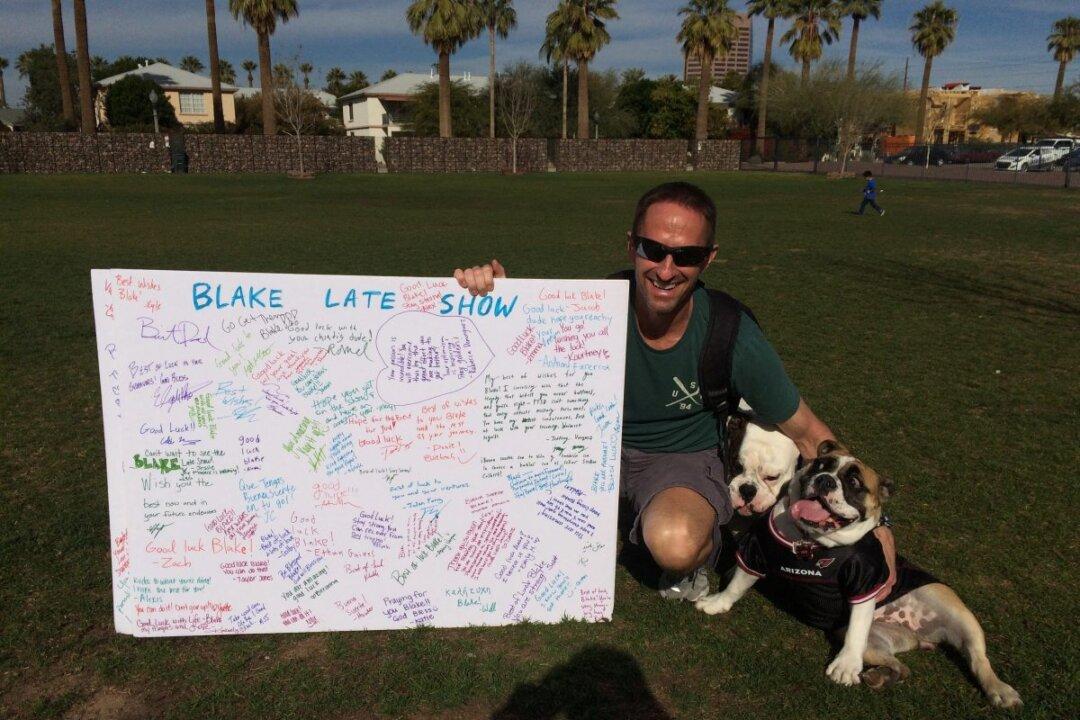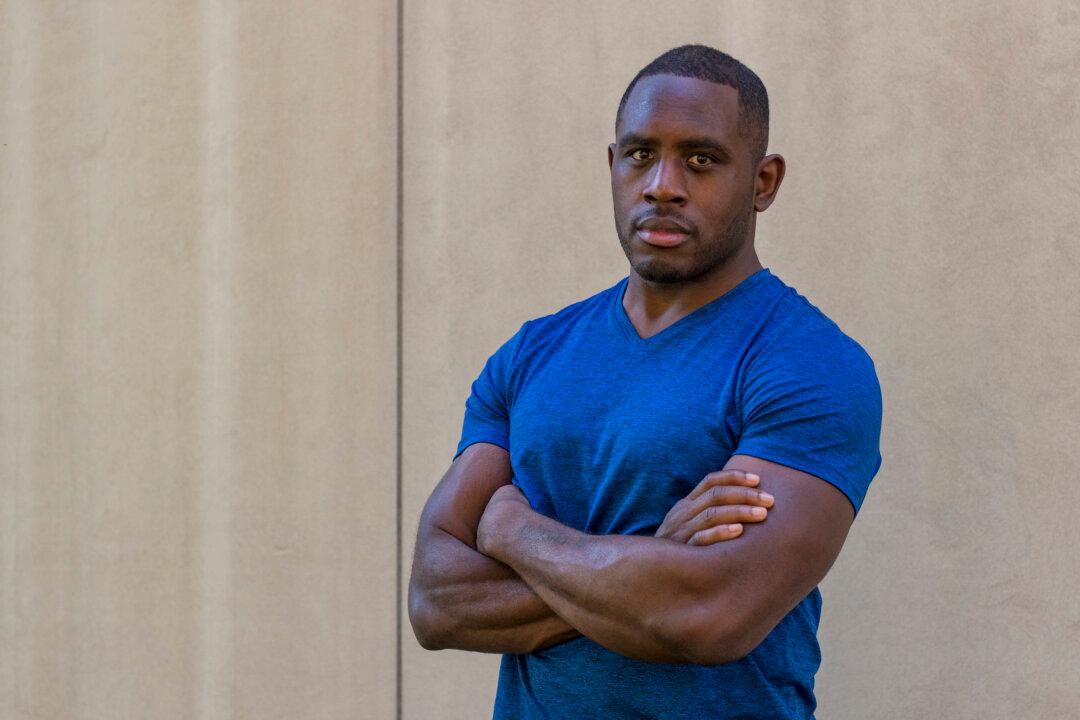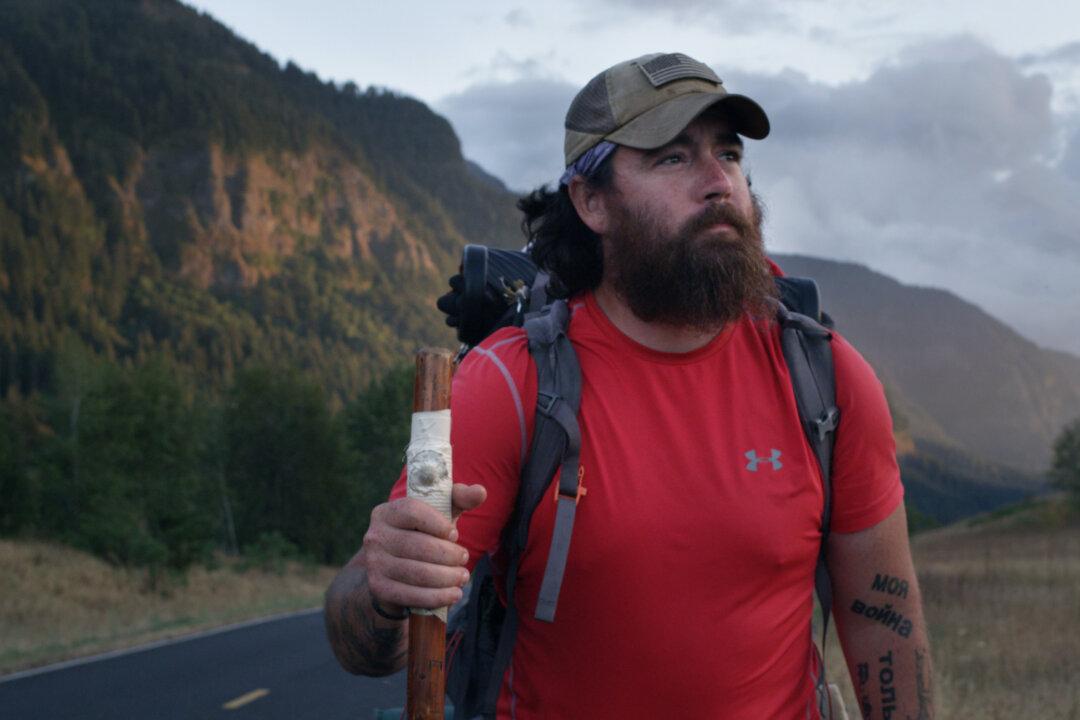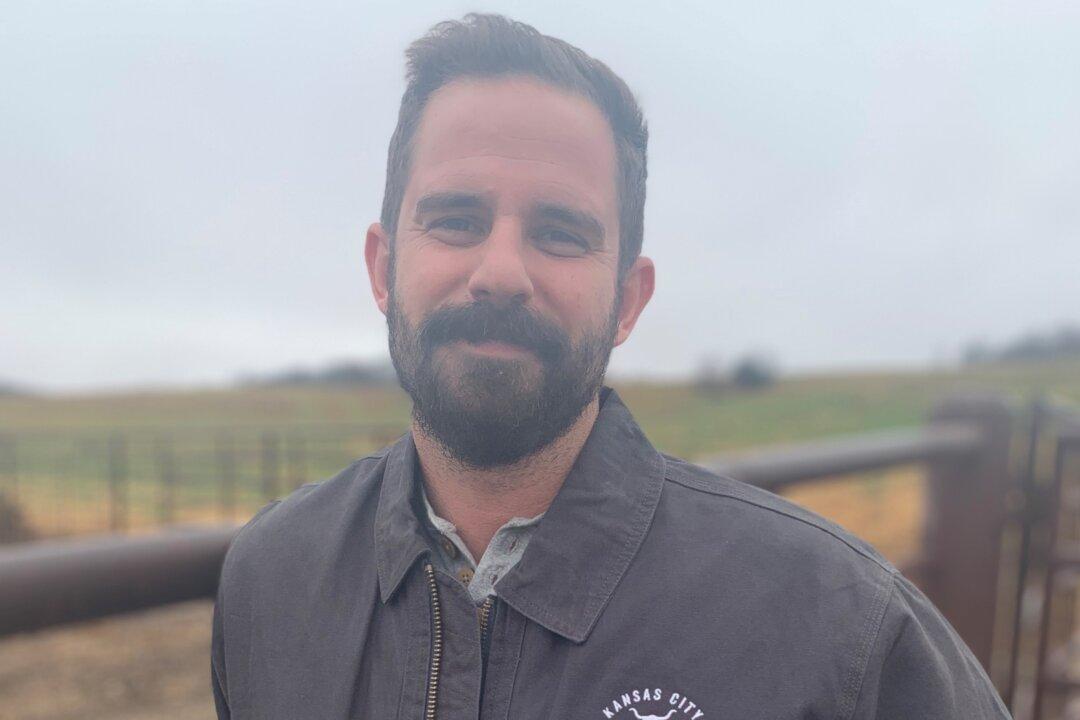Surviving a sexual assault can leave deep psychological wounds, and these scars can often manifest in the form of Post Traumatic Stress Disorder. Unfortunately, PTSD and other mental health disorders are frequently surrounded by stigma. This man went through a horrific attack, and is now traveling around the country to confront the stigma of mental illness with art.
On Dec. 21, 2011 three men entered Ron Blake’s home in Phoenix, Arizona. Blake was asleep when he heard people in his apartment. When he confronted the men, they appeared to be drunk. The men, one of whom was Blake’s partner, held him down and sexually assaulted him. One of the men nearly threw him over the seventh floor balcony.






